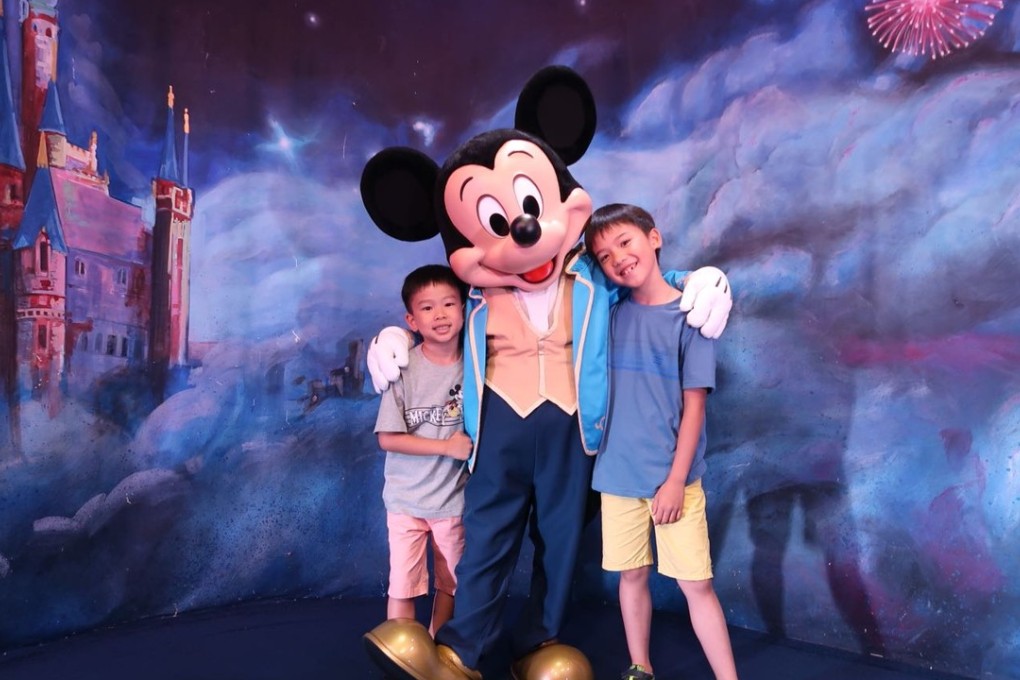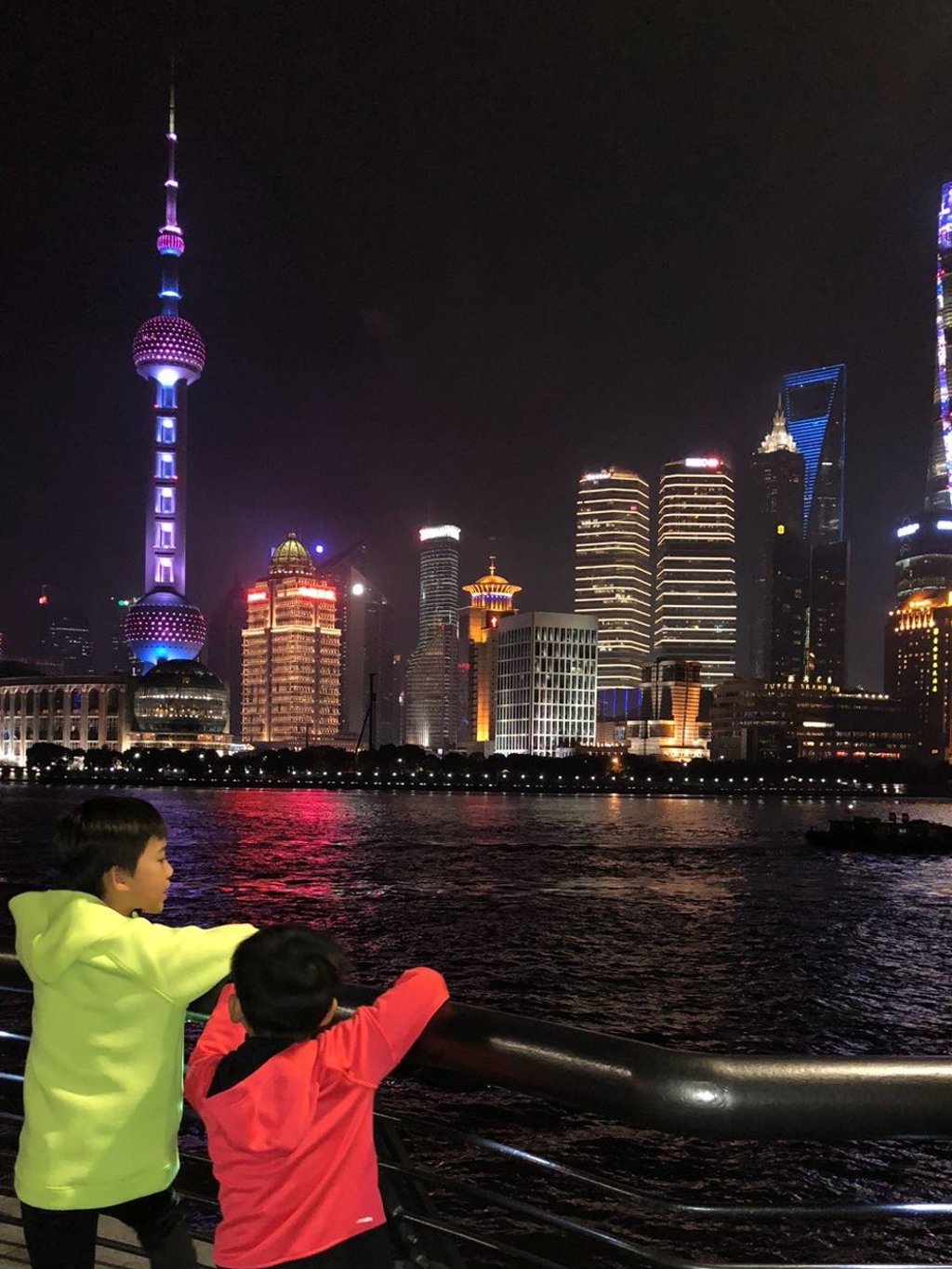Spending time in China is the best way for children to learn Mandarin
Children thrive when they are allowed to immerse themselves in a different culture

There’s no better way to learn a language than to speak it, and there’s no better way to “make” you speak it than travelling to that country. To practise Mandarin, China is a preferred choice for most as it is the only official language, but you can choose other destinations such as Singapore, Taiwan and even Malaysia, where Mandarin is one of the official languages. Check beforehand whether your children will be learning simplified or traditional Chinese characters. Taiwan is the only one of the three that uses traditional characters, the others use simplified characters.
Last year, our family resolved to bring our two boys, aged 5 and 8, to at least one destination in China each year. We started in Beijing. This year, we decided to check out Shanghai. When we stayed on the Bund, an area which overlooks Huangpu River, the first thing my older son Jaydon wanted to see was the Oriental Pearl Tower, which he referred to as “the shot” by my son because of its resemblance to a syringe. The Oriental Pearl Tower is the first thing they associate with Shanghai, and what defines the Pudong skyline for them. Built in 1995, it’s the third tallest TV and radio tower in the world.
Here are the three things I found most rewarding from our trip to Shanghai:
Mixing with local people is the best policy
Training them to build up the confidence to communicate with the people is half the success to mastering a language! One of the highlights of our trip was a visit to one of China’s most renowned hotpot restaurants Haidiao, which is famous for excellent food and service (and free manicures while you wait for your table).
During our visit, we had a chef coming up to our table and showing us how to make noodles by hand. He told us it was his first day working, which became apparent after a few failed attempts at throwing the dough around. Whenever he failed, he would say “dui bu qi,wo shiīwu le”or “dui bu qi ,wo you shi wu le”!which means, “sorry, I failed”, and “sorry, I failed again”.
As a result, this became my children’s punchline thought out the trip. Their interactions with the locals helped them to learn how the people think, act and talk. In turn, it helped boost their fluency levels by mimicking common native expressions which might not exist in English.
